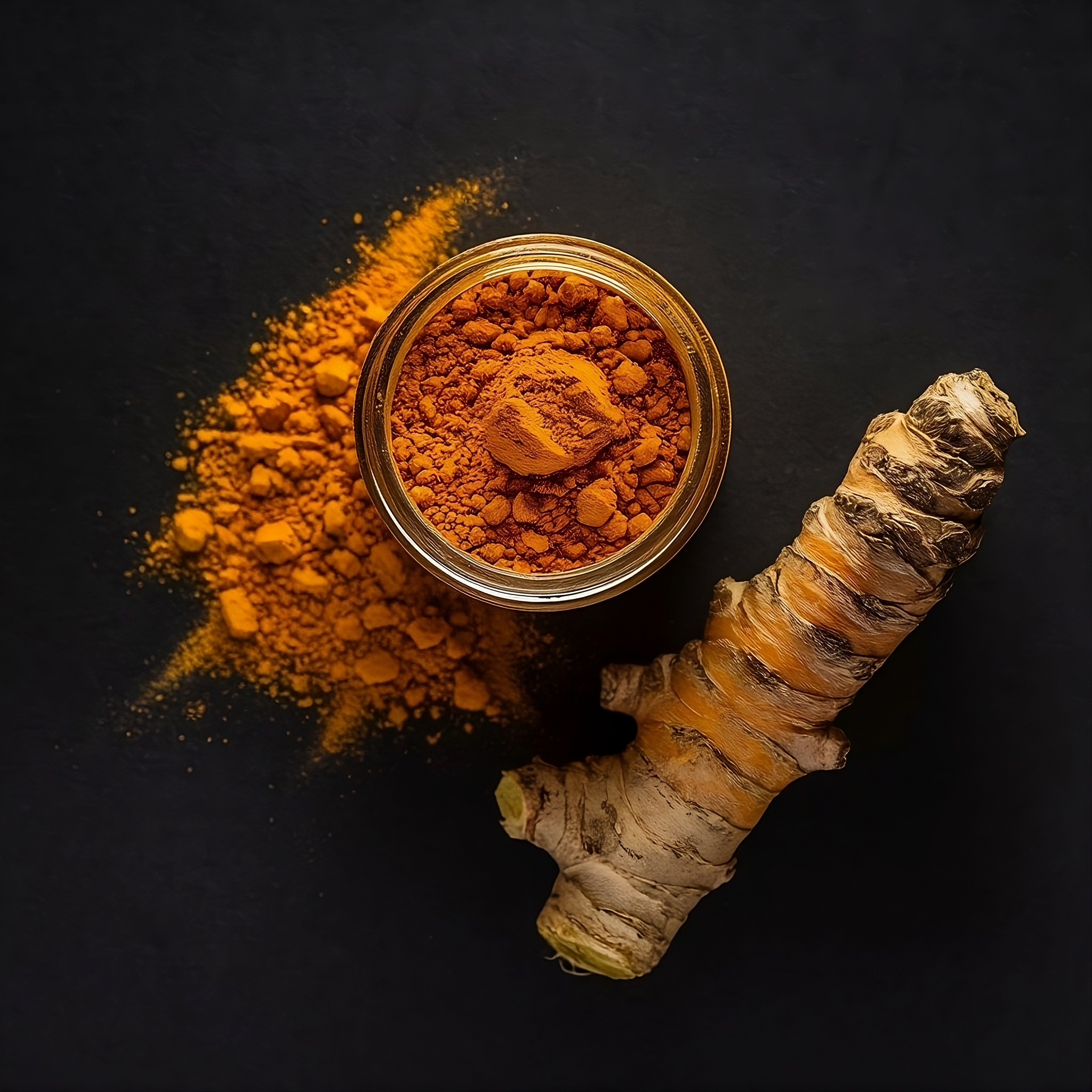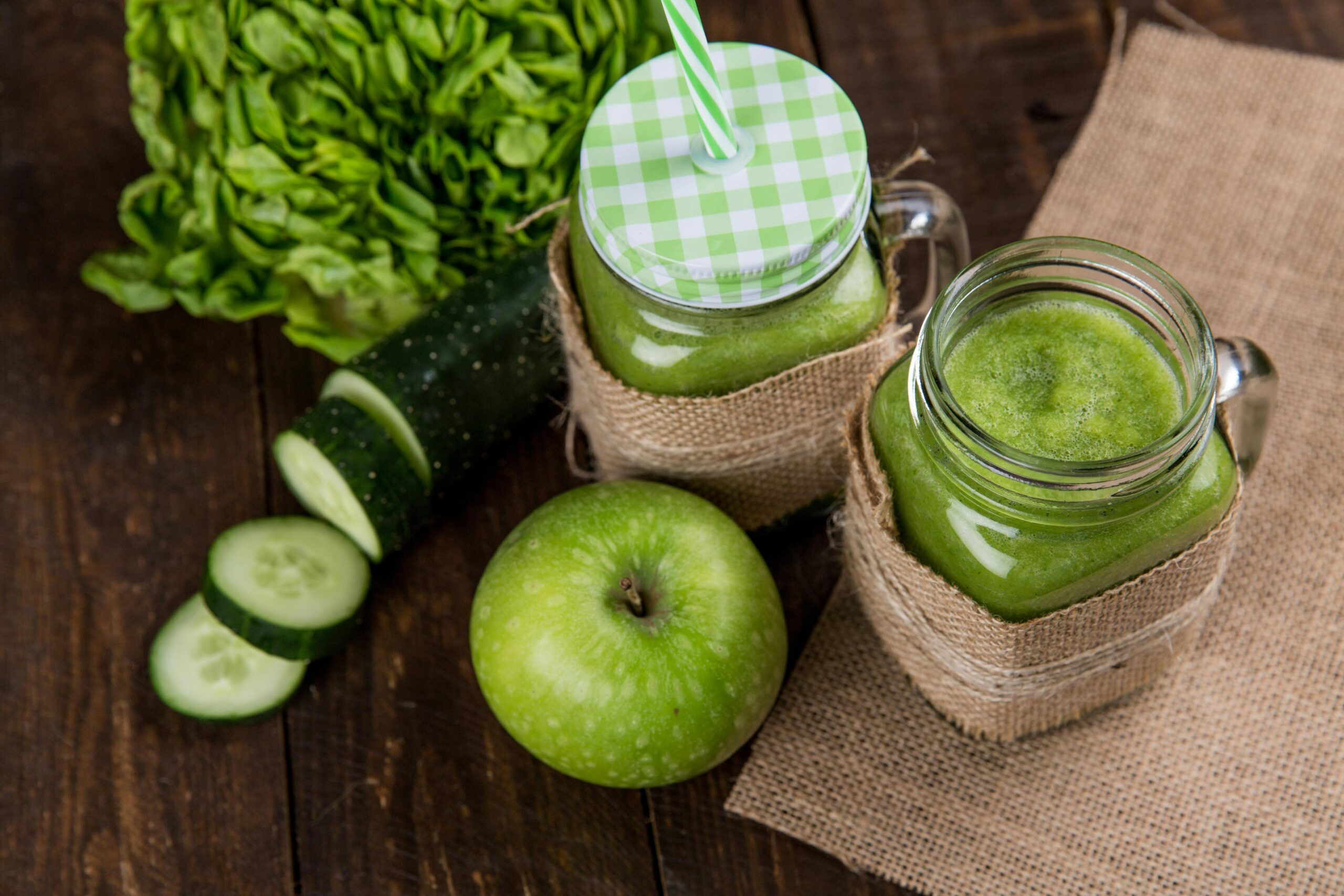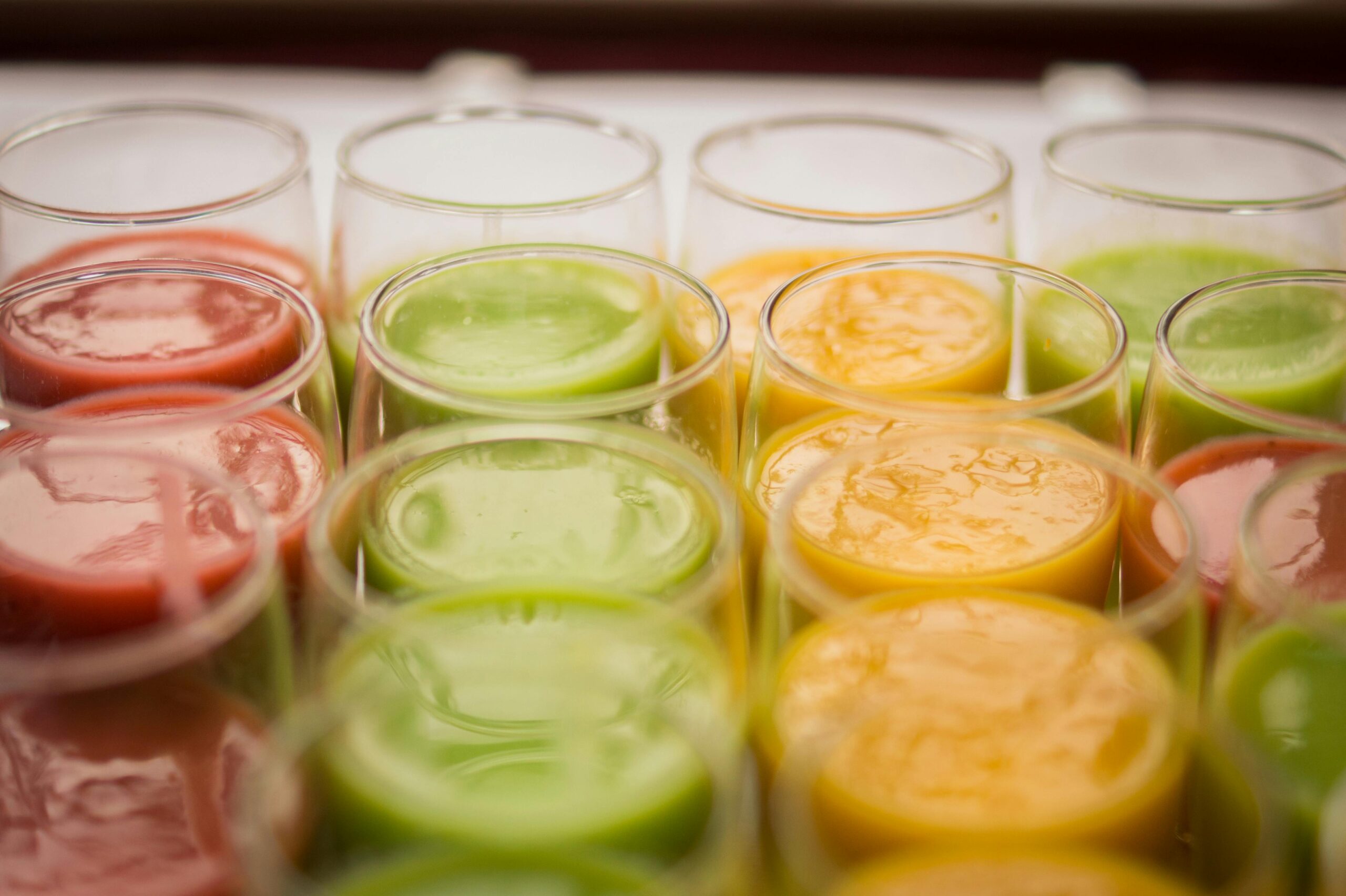Turmeric is the vibrant yellow-orange spice commonly found in curries and has been celebrated for centuries in traditional medicine for its potential health benefits. You can either use this spice in it’s raw form which usually looks like a ginger or in it’s powdered form. Modern research has begun to validate many of these claims, highlighting turmeric’s active compound, curcumin, as a key player in promoting health.
7 Health Benefits of Turmeric
1. Natural Anti-Inflammatory Agent
Curcumin possesses potent anti-inflammatory properties, making it effective in combating chronic inflammation linked to various health conditions including chronic inflammation, digestive issues and skin conditions like acne and eczema. It works by suppressing inflammatory molecules and promoting healing..
2. Powerful Antioxidant
Oxidative stress is caused by free radicals which contributes to aging and numerous diseases. Turmeric’s curcumin acts as an antioxidant as it neutralizes harmful free radicals, boosting the body’s natural antioxidant enzymes, and reducing oxidative stress, which helps protect cells from oxidative damage.
3. Supports Heart Health
Curcumin may enhance endothelial function—the lining of blood vessels—thereby improving blood flow and reducing the risk of heart disease like high cholesterol. Curcumin helps prevent plaque buildup in arteries and improves circulation and reduces the risk of heart disease. Its anti-inflammatory properties also combat factors like high blood pressure and arterial stiffness and promotes overall cardiovascular health.
4. Enhances Brain Function
Curcumin may increase levels of brain-derived neurotrophic factor (BDNF), a protein essential for brain function. Elevated BDNF levels are associated with improved memory and cognitive function, potentially aiding in the prevention of neurodegenerative diseases like dementia.
5. Supports Digestive Health
Drinking turmeric water has been traditionally used to aid digestion. Curcumin helps reduce symptoms of indigestion and bloating, and its anti-inflammatory properties can support overall digestive health.
6. Enhances Skin Health
The anti-inflammatory and antioxidant properties of curcumin can benefit skin health by reducing symptoms of conditions like acne and psoriasis. It may also help protect the skin from damage caused by UV radiation. Indians use turmeric as a face mask to draw out any impurities and enhance skins complexion and youthful glow.
7. Improves Mood and Combats Depression
Curcumin could potentially have antidepressant effects. It helps regulate hormones and boosts levels of serotonin and dopamine, neurotransmitters that regulate mood.
How To Use Turmeric
1. Cooking with Turmeric
Turmeric is used widely in asian households too cook dishes like curries, rice dishes like turmeric rice or pilaf, and soups such as lentil or chicken soup. It’s also used in egg dishes, smoothies (like golden milk), and pickles or marinades. Additionally, turmeric can be added to roasted vegetables to enhance taste and color. Its versatility makes it a staple in many cuisines.
2. Spot Treatment for skin or Face Mask
- Face Mask: Mix turmeric powder with yogurt or honey to create a paste. Apply the mixture to your face for 10-15 minutes, then rinse off with lukewarm water. This mask helps brighten your skin and even out your complexion.
- Spot Treatment: Create a paste by mixing turmeric with a small amount of water, honey or milk. I usually use water to keep it plain and simple. Apply the paste directly to blemishes or acne spots and leave it on for 10-15 minutes before washing off. This can help reduce inflammation and redness.
3. Morning Elixir: Turmeric Water/Milk
- Add a teaspoon of turmeric to water or milk.
- Combining black pepper with turmeric significantly enhances the absorption of curcumin, the active compound in turmeric responsible for its anti-inflammatory and antioxidant benefits.
- Black pepper contains piperine, a compound that boosts curcumin’s bioavailability by up to 2000%, making it far more effective in the body.
Side Effects of Turmeric
While turmeric offers many health benefits, it can cause side effects in some people, especially when consumed in large amounts. Here are some potential side effects:
1. Stomach Issues
High doses of turmeric can cause digestive problems such as bloating, gas, or an upset stomach. People with sensitive stomachs may experience discomfort.
2. Allergic Reactions
Some people may have allergic reactions to turmeric, including skin rashes, itching, or swelling. It’s important to do a patch test before using turmeric topically.
3. Blood Thinning
Turmeric has natural blood-thinning properties, which may increase the risk of bleeding, especially for people on blood-thinning medications (like warfarin).
Who Should Not Use Turmeric?
As turmeric may have some potential side effects, the following should be considered
1. Anyone on medications such as those for diabetes, blood pressure should check with their healthcare specialist before consuming this spice.
2. Pregnant women should consult with their healthcare specialist for potential side effects as large doses can cause uterine contraction.





